The Trump tariffs are forcing CEOs to lead through uncertainty. Here’s how the best executives guide their teams in tough times
The Fortune Best Companies to Work For list features businesses whose leaders keep employees loyal and motivated.

Just a few months ago, as CEOs packed the front row at the U.S. presidential inauguration, the business mood was optimistic. The stock market was soaring, crypto was headed to the moon, Elon Musk was rooting out D.C. inefficiencies, and regulation was receding.
Today that optimism has been replaced with caution. This is not the same President Trump we’ve seen before. Once a novice to the gummed-up processes in Washington, he is now moving with the benefit of hindsight and four years’ experience. This Trump is more powerful and faster at putting his agenda to work, removing barriers that previously held him back.
When it comes to tariffs, which Trump has repeatedly called “the most beautiful word in the dictionary,” CEOs are coming to grips with the fact that his affection is entirely serious, and that he believes tariffs will strengthen the country in the long term even if that means multiple trade wars and a possible recession in the near term.
As JPMorgan Chase CEO Jamie Dimon recently remarked: “Uncertainty is not a good thing.” But perhaps the only certainty business leaders can rely on right now is uncertainty. At a recent Fortune CEO dinner, Elaine Chao, who was transportation secretary during Trump’s first term, put it bluntly: “You want certainty to operate your businesses. You are not going to get it.”
How do you navigate uncharted waters and lead a team through the storm unscathed? In our 28th annual 100 Best Companies to Work For ranking, you can find ideas for doing just that. These are companies whose employees say they’re doing a great job at keeping them motivated— by listening to their needs, skilling them up, and incentivizing them to feel ownership over their work.
Ed Bastian, the CEO of Delta Air Lines (No. 15 on our list), is no stranger to uncertainty. During his 26 years at what’s now America’s largest air carrier, he has helped lead the organization through 9/11, bankruptcy, and a pandemic. He’s used creative incentives to build employee buy-in and put customers first, even at the expense of short-term financial gain.
During COVID, Bastian eliminated middle-seat sales; he also got rid of change fees, which trimmed Delta’s revenue but boosted long-term loyalty. And this February, when a Delta aircraft flipped over upon landing in Toronto, Delta quickly gifted every passenger $30,000 and covered their medical expenses.
Today, Delta offers one of the most robust profit-sharing programs in the Fortune 500. This year, that amounted to a $1.4 billion pot for its 100,000 employees to split; in all, Delta has shared more than $10 billion in earnings with employees during Bastian’s nine years as CEO. Learn more about the airline’s remarkable flight path in "How Ed Bastian turned Delta into America’s most profitable airline, while giving employees billions along the way."
Elsewhere in this issue, you’ll find other leadership tactics that have helped businesses soar. Marc Lore, the billionaire founder of Diapers.com, Jet.com, and food delivery service Wonder, has had success after success by focusing on three levers he can pull to get the outcomes he desires: vision, capital, and people. Fortune’s Jason Del Rey spent time with Lore to study his winning formula and analyze the restless mind of a serial entrepreneur (read "Inside the restless mind of a serial founder: Timberwolves co-owner Marc Lore sold one startup for $545 million and another for $3.3 billion. Why can’t he stop hustling?").
As always, thanks for spending your time with Fortune.
This article appears in the April/May 2025 issue of Fortune with the headline "Leading through uncertainty."
This story was originally featured on Fortune.com


![How to Find Low-Competition Keywords with Semrush [Super Easy]](https://static.semrush.com/blog/uploads/media/73/62/7362f16fb9e460b6d58ccc09b4a048b6/how-to-find-low-competition-keywords-sm.png)

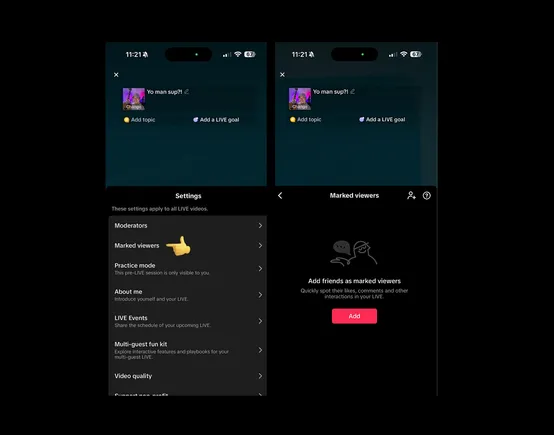




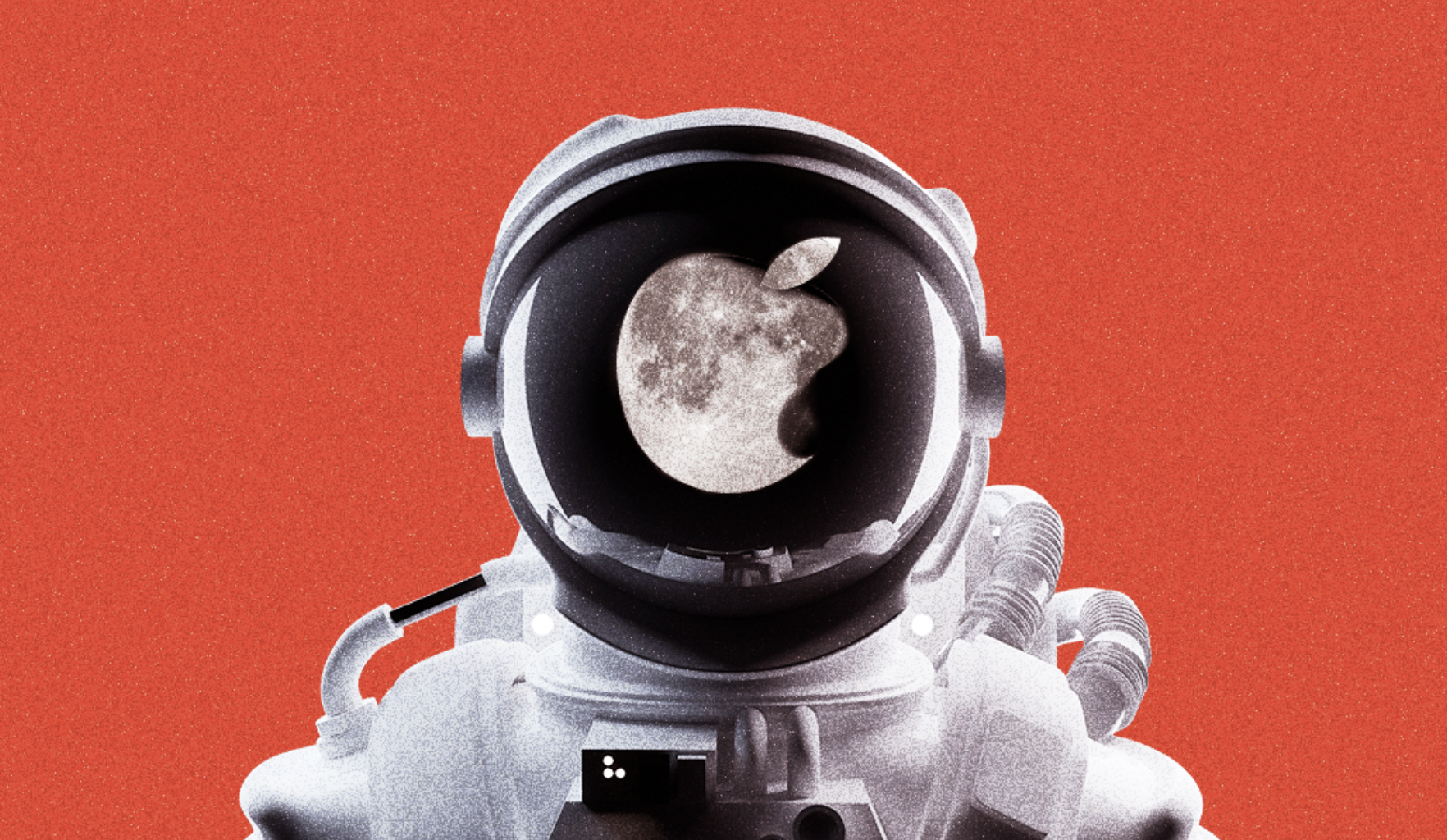


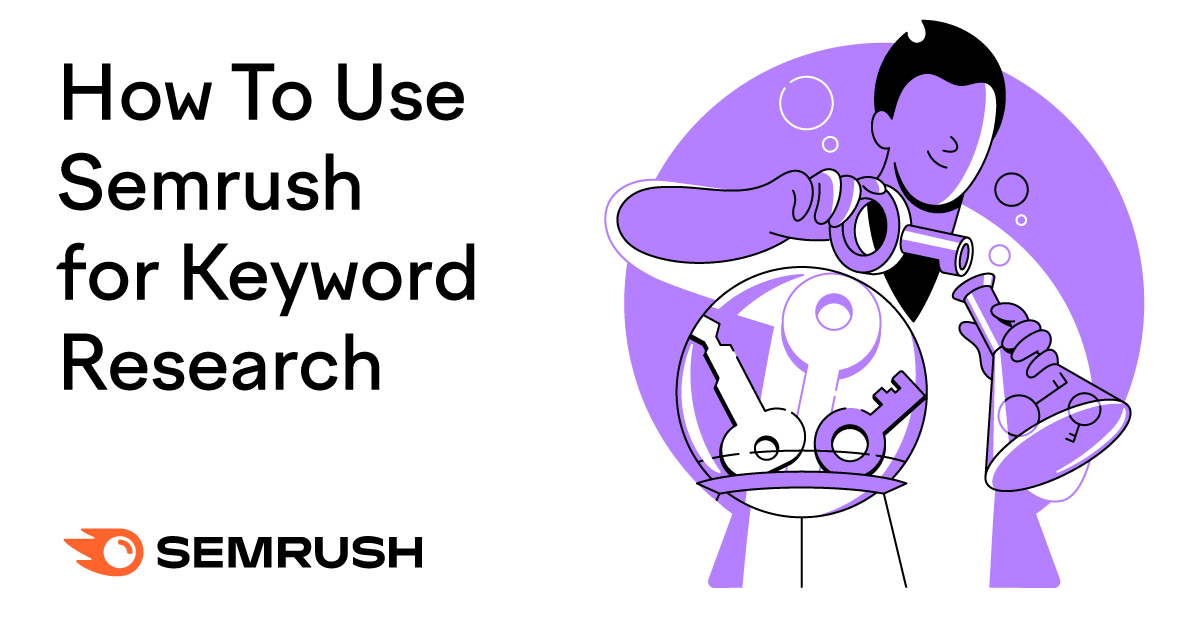











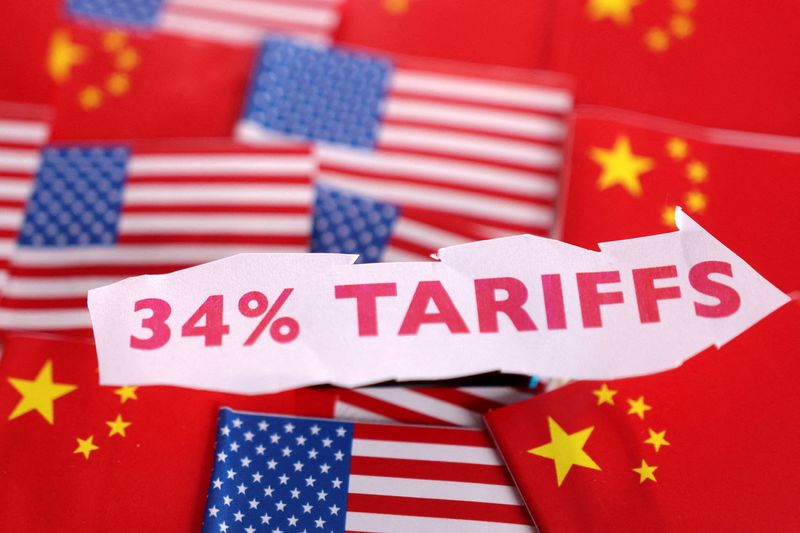
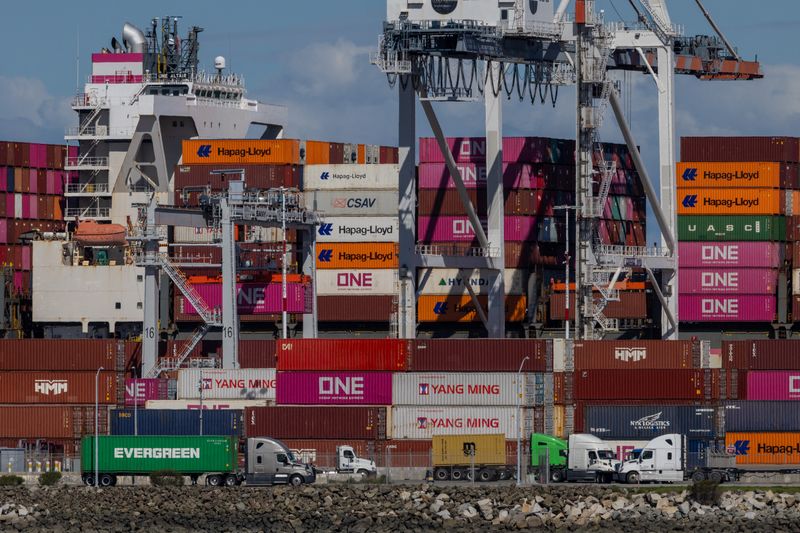
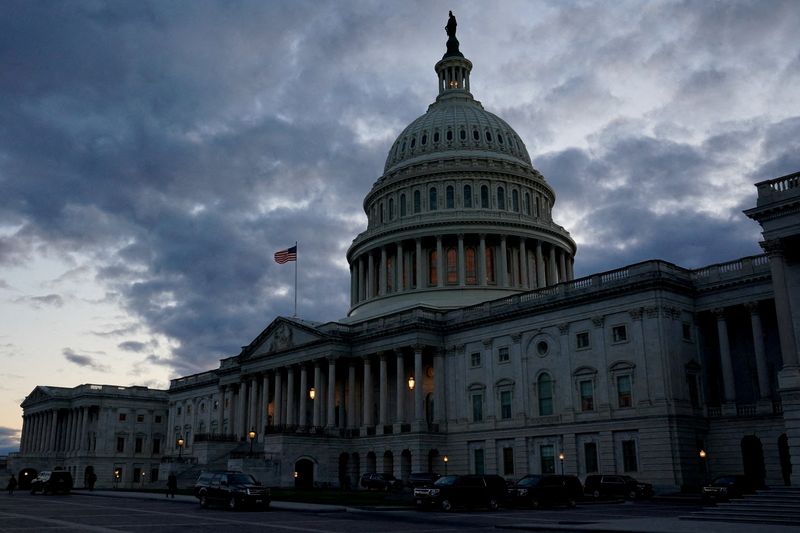
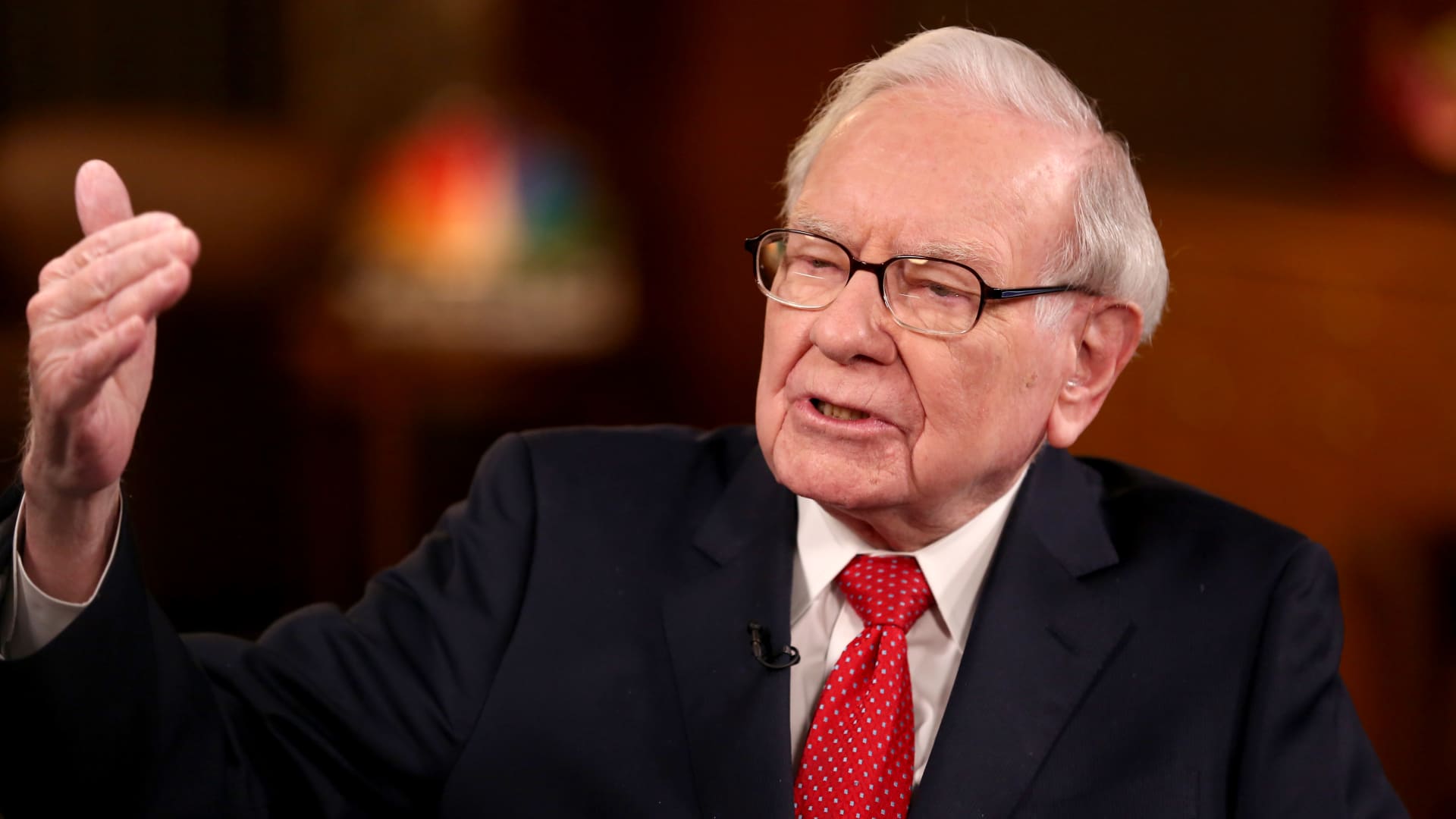















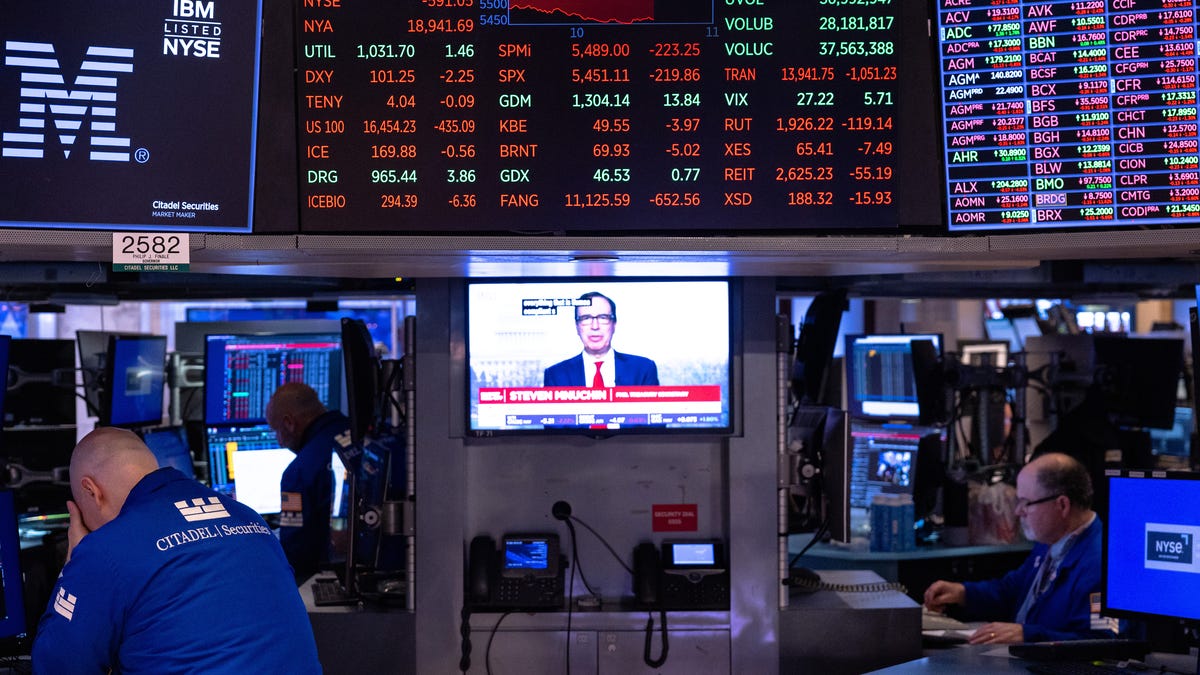












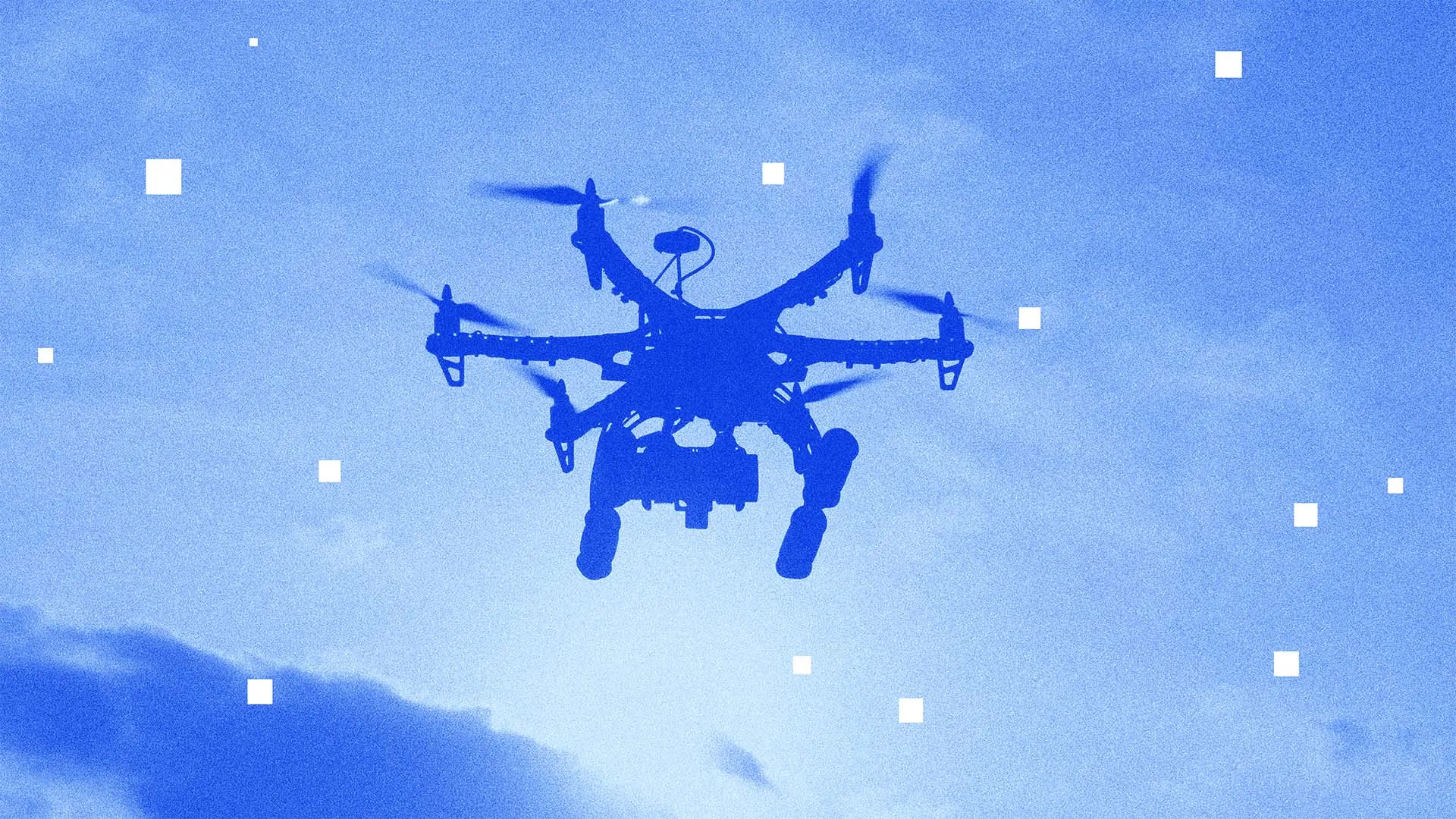
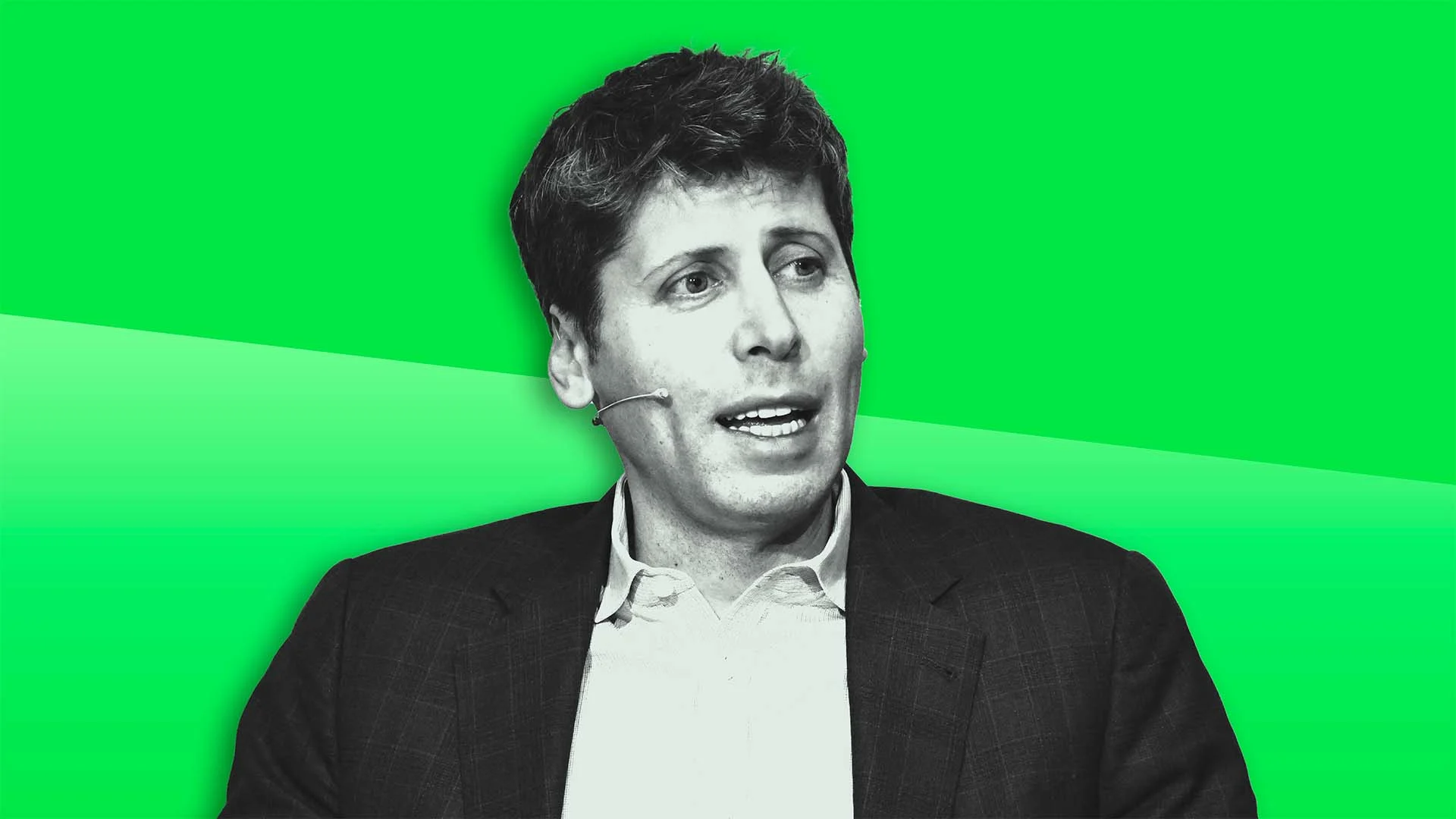

















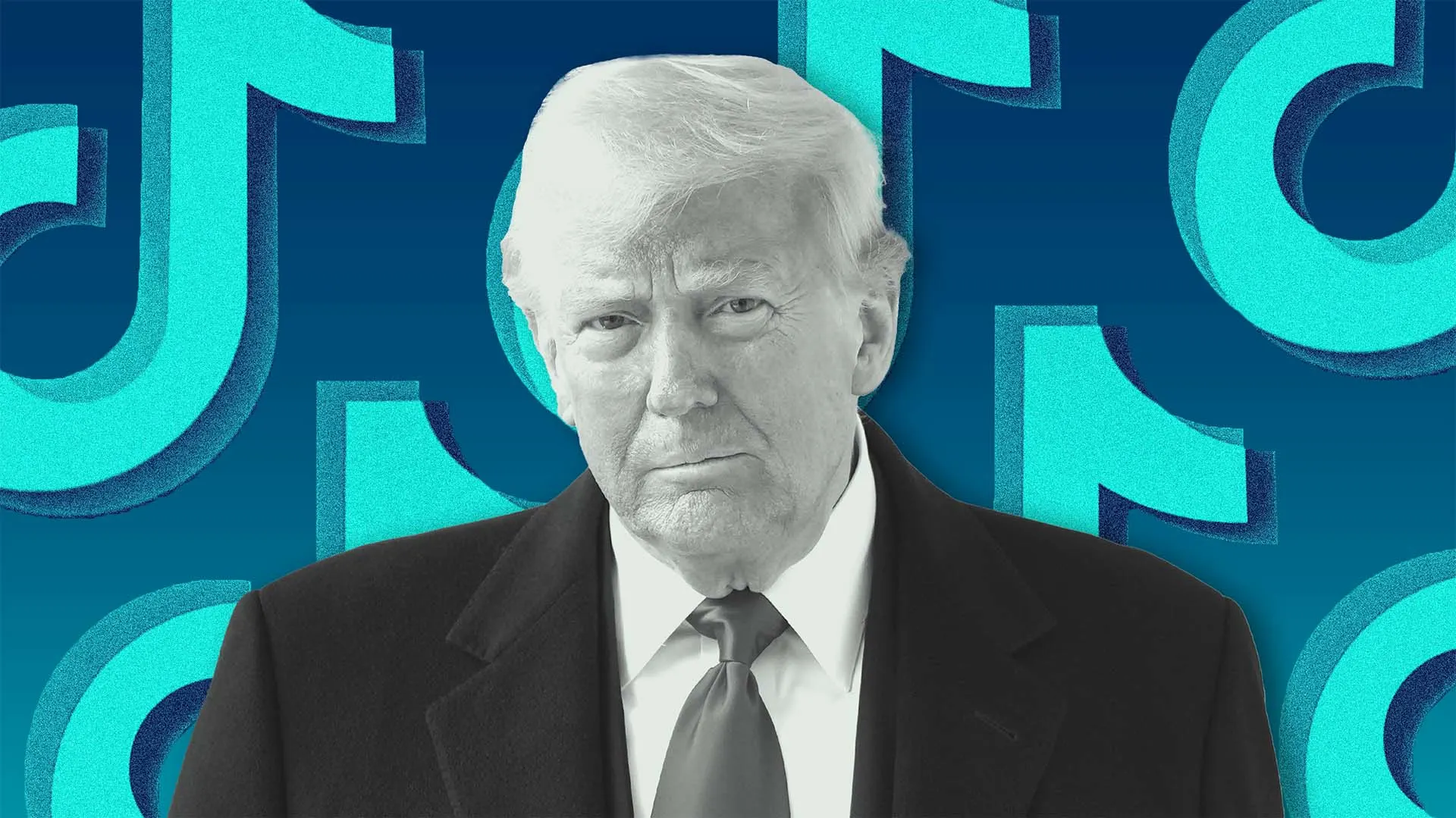












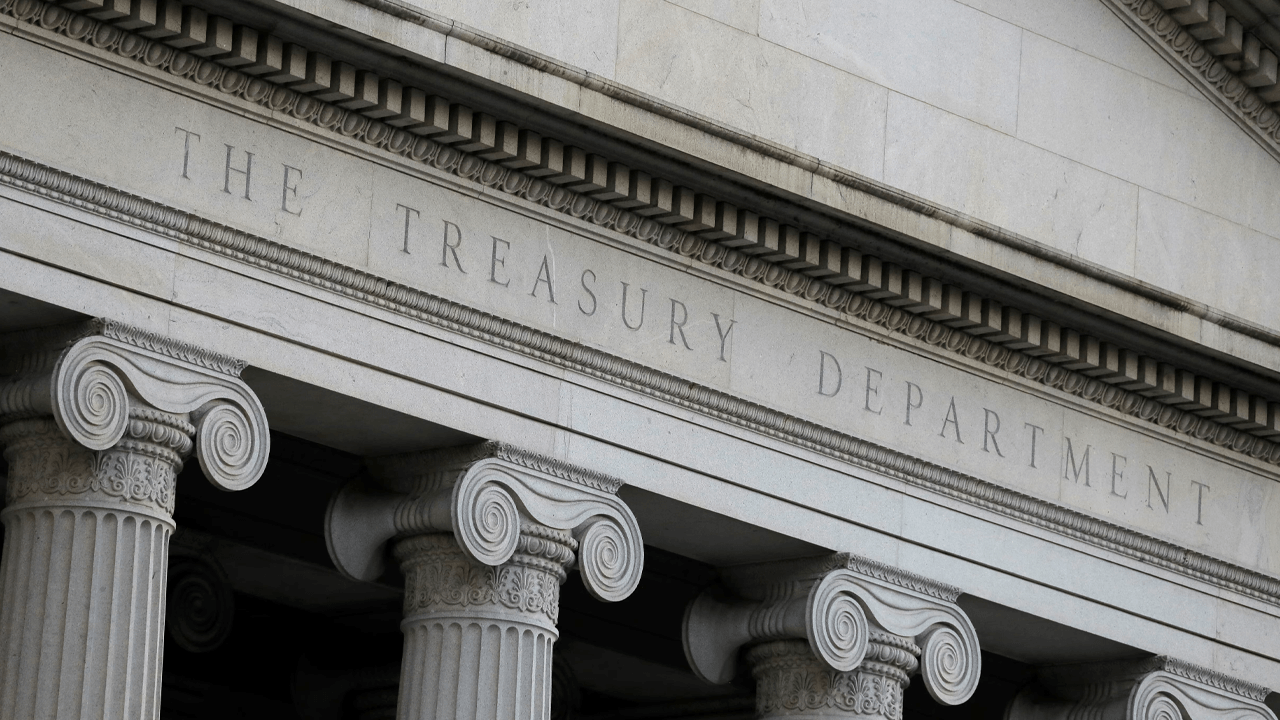



















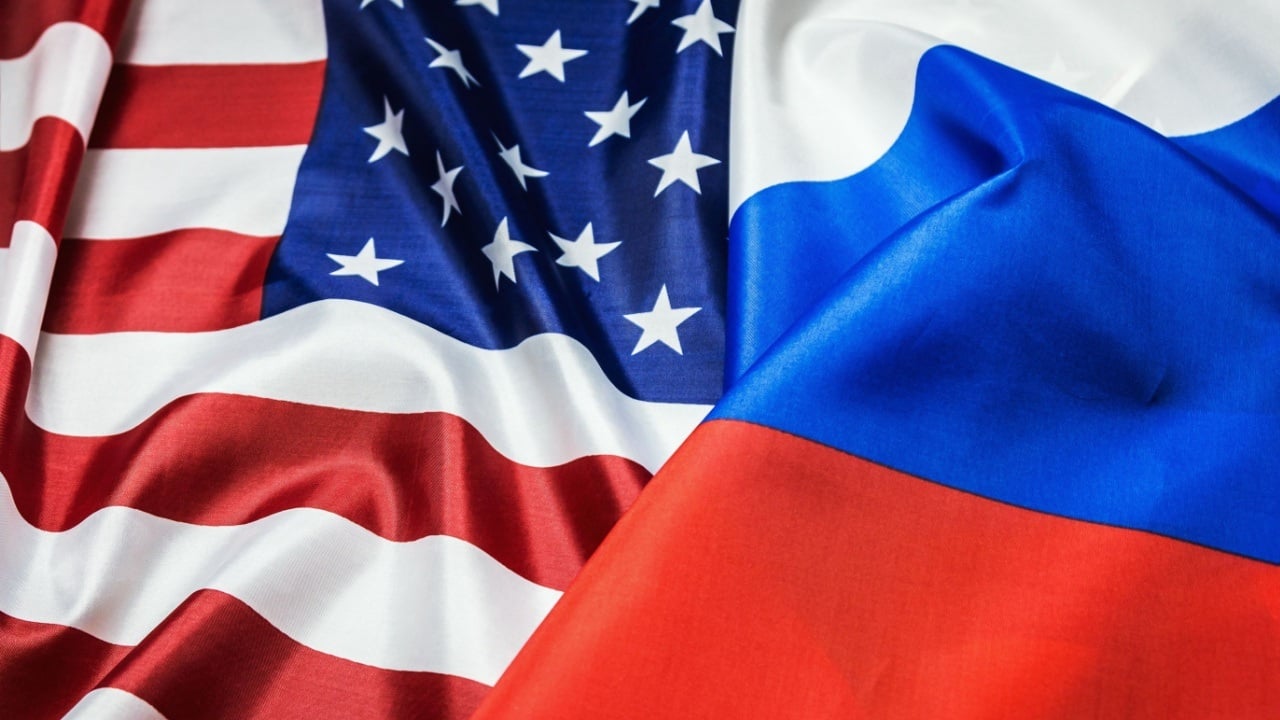
























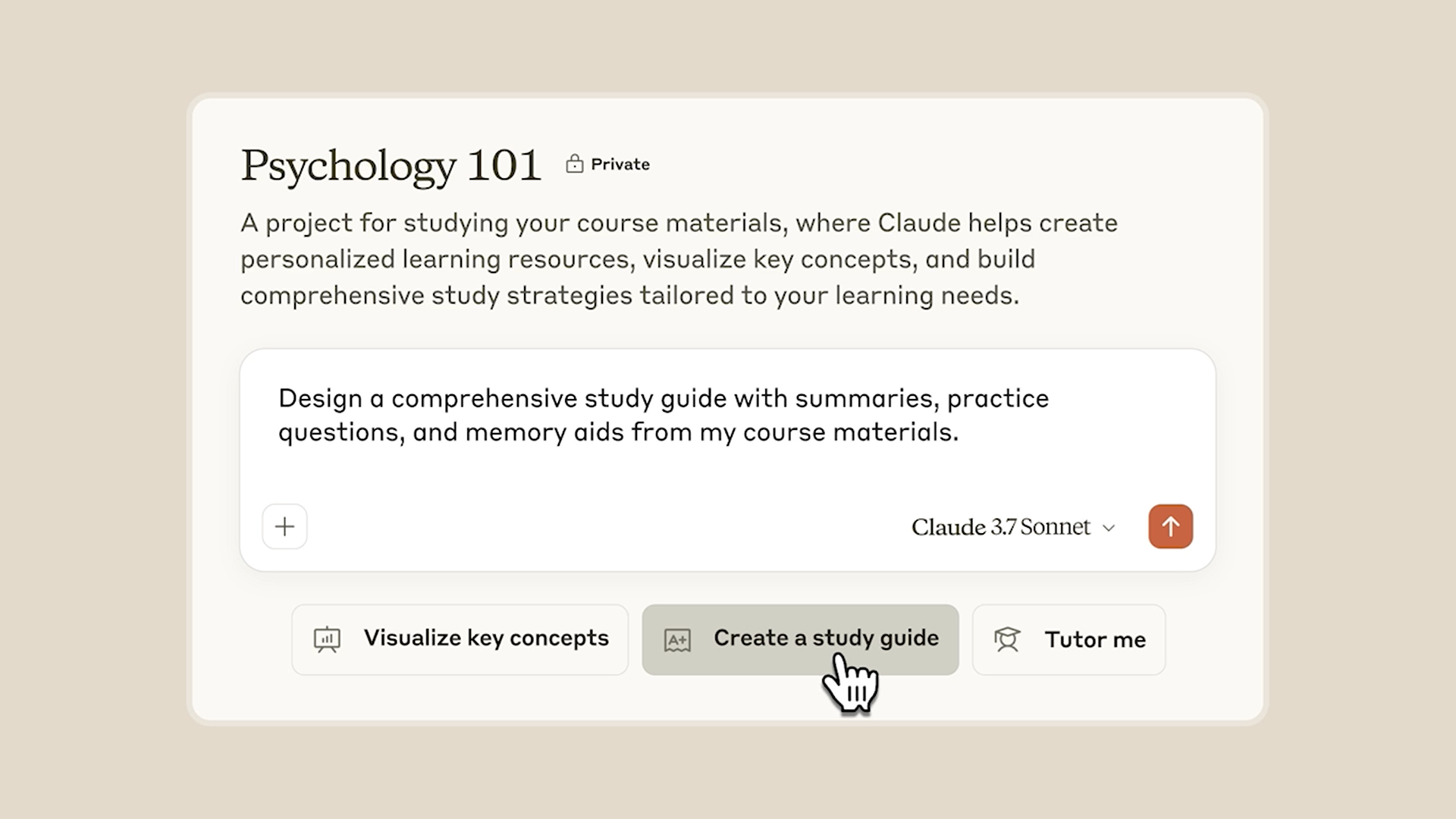







































.jpg)
%20Abstract%20Background%20112024%20SOURCE%20Amazon.jpg)



















